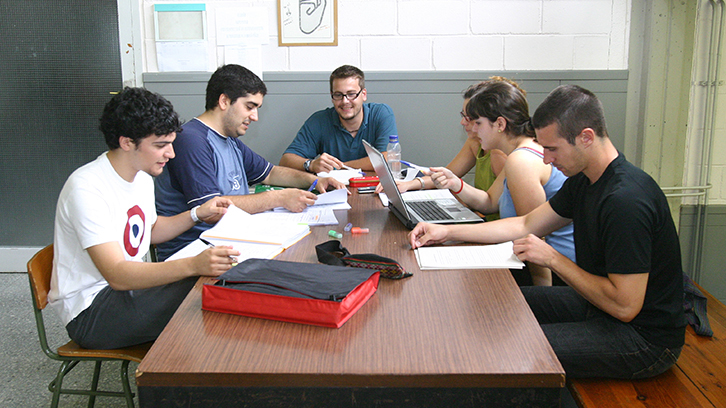Learning scientific argument. A teaching experience with preservice teachers.

Although science educators have started to view argumentation as a central competence that students should learn, research shows that classroom daily practices are far from engaging students in meaningful scientific argumentation. For this purpose, inquiry learning task (epistemic practices) are highly recommendable. These learning settings usually lead the students to define new concepts and propose new solutions to certain problems.
According to this framework, this study focuses on a case of preservice primary school teachers in the field of Psychology. The following question guides our analysis: How does preservice teachers’ scientific argumentative writing progress throughout a series of tasks designed as epistemic practices?
The students’ writings were corrected using a rubric. This allowed us to ascertain the student achievement on every criterion of argumentative writing: Ideas (state essential ideas in a precise and appropriate fashion; Reasoning (convincing reflection); Intertextuality (efficient use of citations); sufficient command of Disciplinary language; Coherence (the text is structured through thematic ideas that facilitate reasoning progression and construction of meanings); Cohesion (ideas are grouped within clear blocks, related and contrasted through textual markers) and Formal aspects (grammar and spelling).
As a general remark, our epistemic practices designed according to a learning progression framework have a positive impact both on the acquisition of epistemic norms in discursive argumentation. However, our analyses provide new insight: our preservice teachers start with a low level of intertextuality, and the evolution of this aspect is quite flat throughout the learning tasks. This suggests that, among all argumentative skills, intertextuality may be the most difficult-to-achieve skill. Our analyses also highlight that students can especially improve in aspects like cohesion and coherence of their argumentation with appropriate support. These would be easier-to-achieve skills, as students are able to make significant progress throughout the learning experience.
In sum, a transversal and multi-year approach to argumentation learning might be an ideal setting for student teachers to master it and be able to apply it in different contexts. Although such an approach usually demands high levels of coordination by teaching staff (e.g., sharing rubrics, epistemic scripts, software…), eventually the learning benefits for student teachers may outweigh these initial efforts.
Universitat Autònoma de Barcelona
References
Alvarez, I.M. & Lafuente, M. (2019). Improving preservice teachers’ scientific argumentative writing through epistemic practices: a learning progression approach. Journal of Education for Teaching, 45 (2), 169-185. DOI: https://doi.org/10.1080/02607476.2018.1548172.


